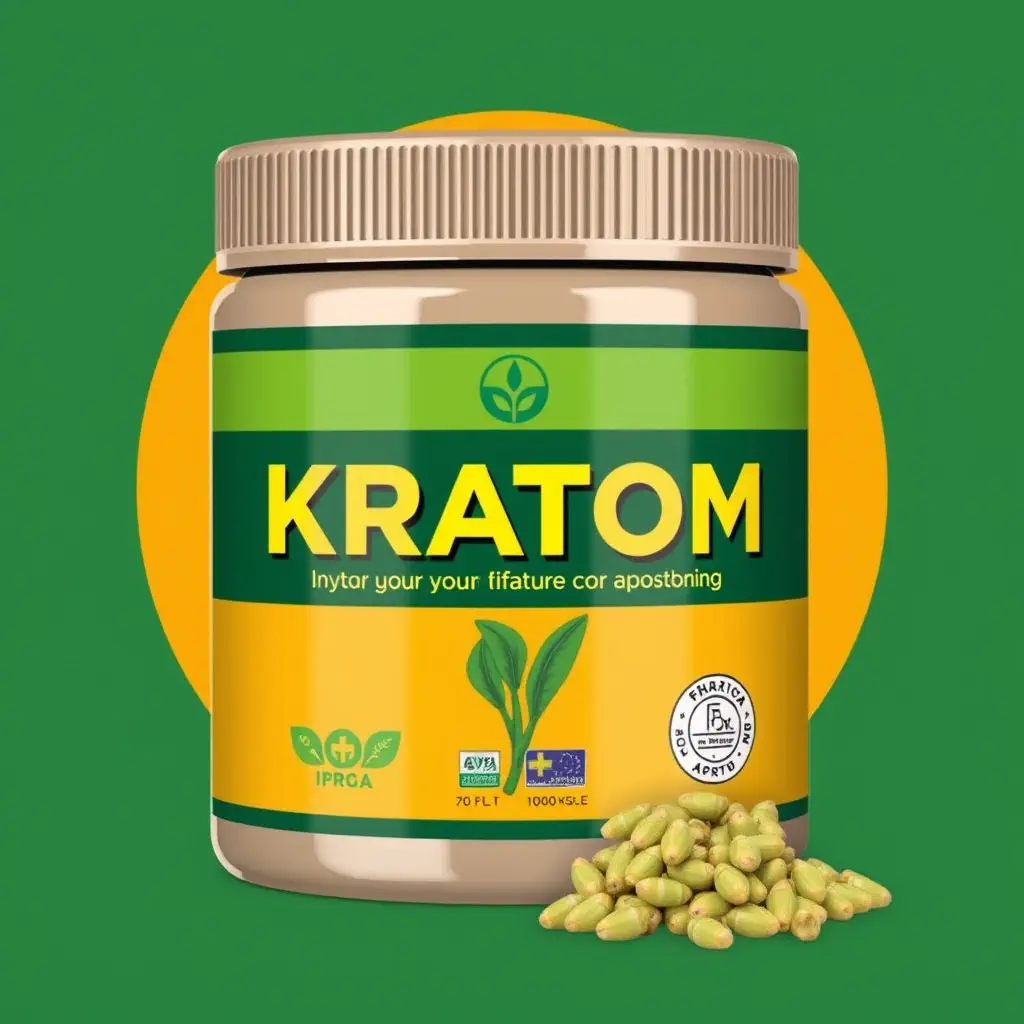Mental toughness and kratom-assisted workouts can boost performance, but kratom's impact on the liver is a critical concern. While kratom enhances focus and reduces anxiety, it may lead to liver issues like toxicity if misused. To safely integrate kratom, start with low doses, maintain healthy habits, research strains, and regularly monitor liver health, consulting professionals for guidance on its effects.
“Unleash your inner mental toughness with an innovative approach combining ancient knowledge and modern science. This article explores the potential of kratom training as a strategy for building resilience. While understanding mental toughness, we delve into how kratom, known for its liver effects, can be incorporated into your routine safely.
Learn about its impact on the liver, discover benefits for mental focus, and gain insights to harness kratom’s power responsibly, ensuring a healthier mind and body connection.”
- Understanding Mental Toughness and Kratom Training
- The Impact of Kratom on the Liver: What You Need to Know
- Incorporating Kratom into Your Mental Toughness Routine Safely
Understanding Mental Toughness and Kratom Training

Mental toughness is a critical component of peak performance, enabling individuals to overcome challenges and achieve their goals despite adversity. It involves a blend of psychological fortitude, emotional control, and mental focus. In the context of physical training, such as kratom-assisted workouts, mental toughness strategies become even more vital. Kratom, a natural herb with opioid-like effects, has gained popularity for its potential to enhance energy, focus, and pain relief during exercise. However, it’s crucial to understand that while kratom may offer these benefits, it also has side effects, particularly on the liver, which is why proper mental toughness techniques are essential to maximize training outcomes and ensure safe use.
Kratom training combines the physical demands of exercise with the psychoactive properties of the kratom plant, aiming to push individuals beyond their perceived limits. During this intense process, mental toughness strategies like visualization, positive self-talk, and goal setting come into play. These techniques help athletes manage stress, maintain focus, and persevere through difficult workouts, ultimately enhancing their overall performance and resilience. By fostering mental strength, individuals can harness the benefits of kratom training while mitigating potential risks associated with long-term kratom use, especially regarding liver health.
The Impact of Kratom on the Liver: What You Need to Know

Kratom, a natural herb known for its pain-relieving and mood-enhancing properties, has gained popularity as a supplement for mental toughness training. While it can enhance focus and resilience, it’s crucial to understand its impact on the liver. The liver plays a vital role in metabolizing kratom, converting it into compounds that the body can use. However, prolonged or excessive use may lead to potential liver issues. Studies have shown that kratom can affect liver function, particularly when consumed at high doses or combined with other substances.
Liver damage from kratom is typically associated with acute or chronic toxicity. Symptoms of liver problems caused by kratom include jaundice (yellowing of the skin and eyes), abdominal pain, nausea, fatigue, and dark urine. It’s essential for those using kratom for mental toughness training to be mindful of their consumption and stay within recommended doses. Regular breaks from kratom use can also help reduce potential liver strain. Additionally, maintaining a healthy diet and engaging in regular physical activity supports liver health, ensuring that the body can effectively process and eliminate any byproducts associated with kratom consumption.
Incorporating Kratom into Your Mental Toughness Routine Safely

Incorporating Kratom into your mental toughness routine can be a game-changer, but it must be done safely. While kratom is known for its potential to enhance focus and reduce anxiety, it’s crucial to understand that it affects everyone differently. Some people may experience increased energy and motivation, while others might notice enhanced mental clarity. Regardless of the effects, it’s important to remember that kratom can impact your liver if not used responsibly. Regular consumption can lead to elevated liver enzymes, so monitoring your health and dosage is essential.
To safely integrate kratom into your routine, start with low doses and gradually increase as needed. Combine it with consistent exercise, adequate sleep, and a balanced diet for optimal results while minimizing potential side effects. Additionally, stay informed about the different strains of kratom and their unique properties to tailor your intake to specific mental toughness goals. Remember, listening to your body and seeking professional advice is paramount when considering any new supplement, especially one with implications on liver health, like kratom.
Mental toughness is a key component in achieving peak performance, and incorporating kratom training can be a safe and effective strategy. While it’s crucial to understand the potential impact of kratom on the liver, as evidenced by research on Mitragyna speciosa (kratom’s scientific name), responsible use can lead to enhanced mental resilience. By integrating kratom into your routine, you can safely boost your mental toughness, especially when coupled with traditional training methods. Remember, knowledge and moderation are essential when considering the benefits of kratom for mental health and well-being.






